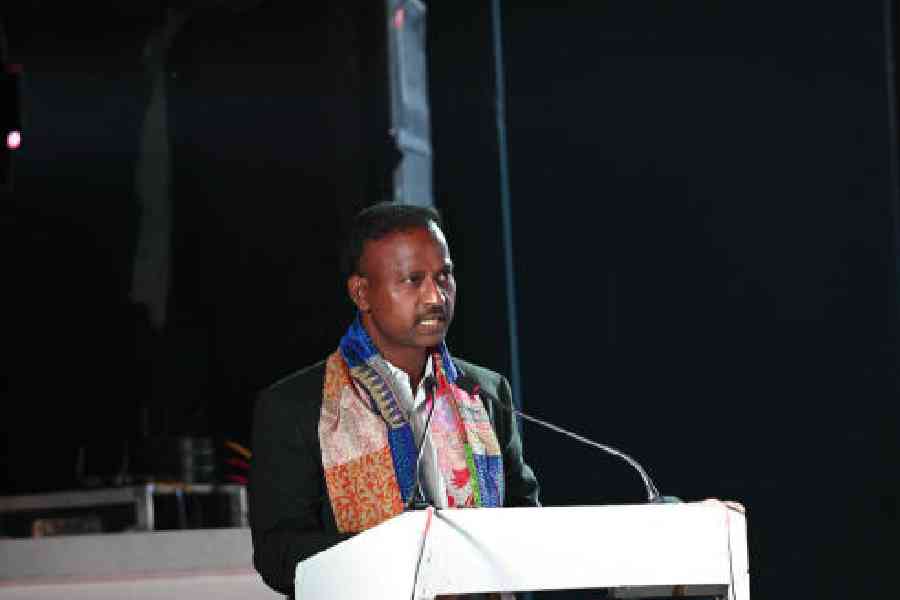Access to education 'is not just' admission, each child needs individual care: Official


Real access to education does not mean admission to school alone, but individual care of each child based on his or her needs and competence, said Bengal’s school education secretary, Binod Kumar, at the CBSE principals' meet.
Kumar was addressing over 1,200 principals from across the country who were attending the 30th national annual conference of Sahodaya School Complexes-2024, held on Friday and Saturday.
“In Bengal... schools are there in every hamlet to make sure nobody is deprived of schools on account of distance.... Access not merely means providing a building or reducing the distance, access also means making it inclusive for everyone," Kumar, principal secretary, school education department, said while addressing a session on Friday.
"When we are teaching in class, not all children have equal competence. Somebody may have excellent competence in academics while somebody may be equally excellent in sports or extracurricular activities. As teachers, we need to make sure that every child realises the true potential he is capable of.”
He cited instances from his school days when the teachers' focus was on students who grasped the lessons well and scored high in exams.
“Our responsibility is more towards the other cohort where we need to make sure they are able to comprehend, and maybe adjust our pace accordingly,” said Kumar.
At the conference, CBSE chairman Rahul Singh announced that there would be two levels of science, social science and math for students of Classes IX and X.
Lauding the move, Kumar said different children should have different levels so they can fit into the level that suits them most.
One of the sessions on Saturday was a panel discussion on "Inclusive Education". At the end of the discussion, a principal raised her hand and said: “I have dyslexia but I am now heading a school.”
Psychotherapist Minu Budhia, one of the speakers at the panel discussion, said the entire society has to embrace the spirit of inclusion.
“What we need is an inclusive society and inclusive spaces where our children are respected, loved, and not bullied or stared at,” said Budhia, founder, Carring Minds International.
Anjana Saha, principal, Mahadevi Birla World Academy, said children without special needs have to be more accepting of the challenges that many others face.
“It is not to single out the child or bully them but to be more sensitive. Interaction would help children without special needs understand the potential that their peers have,” said Saha.
Students of Sushila Birla Girls’ School organised a fest for children with special needs, which is part of their annual calendar.
“Having a special educator is a prerequisite for any school and every school must have one,” said principal Koeli Dey.